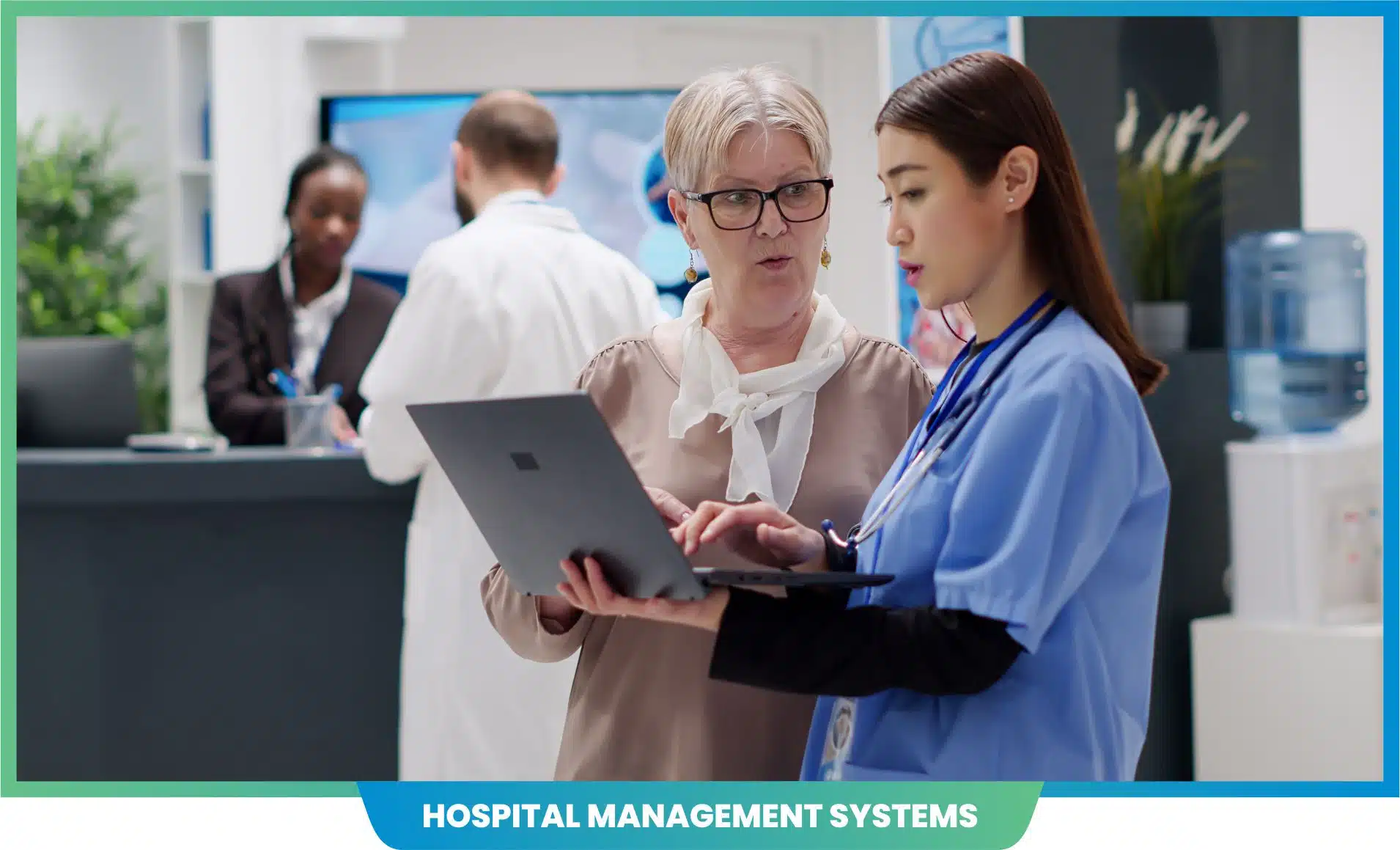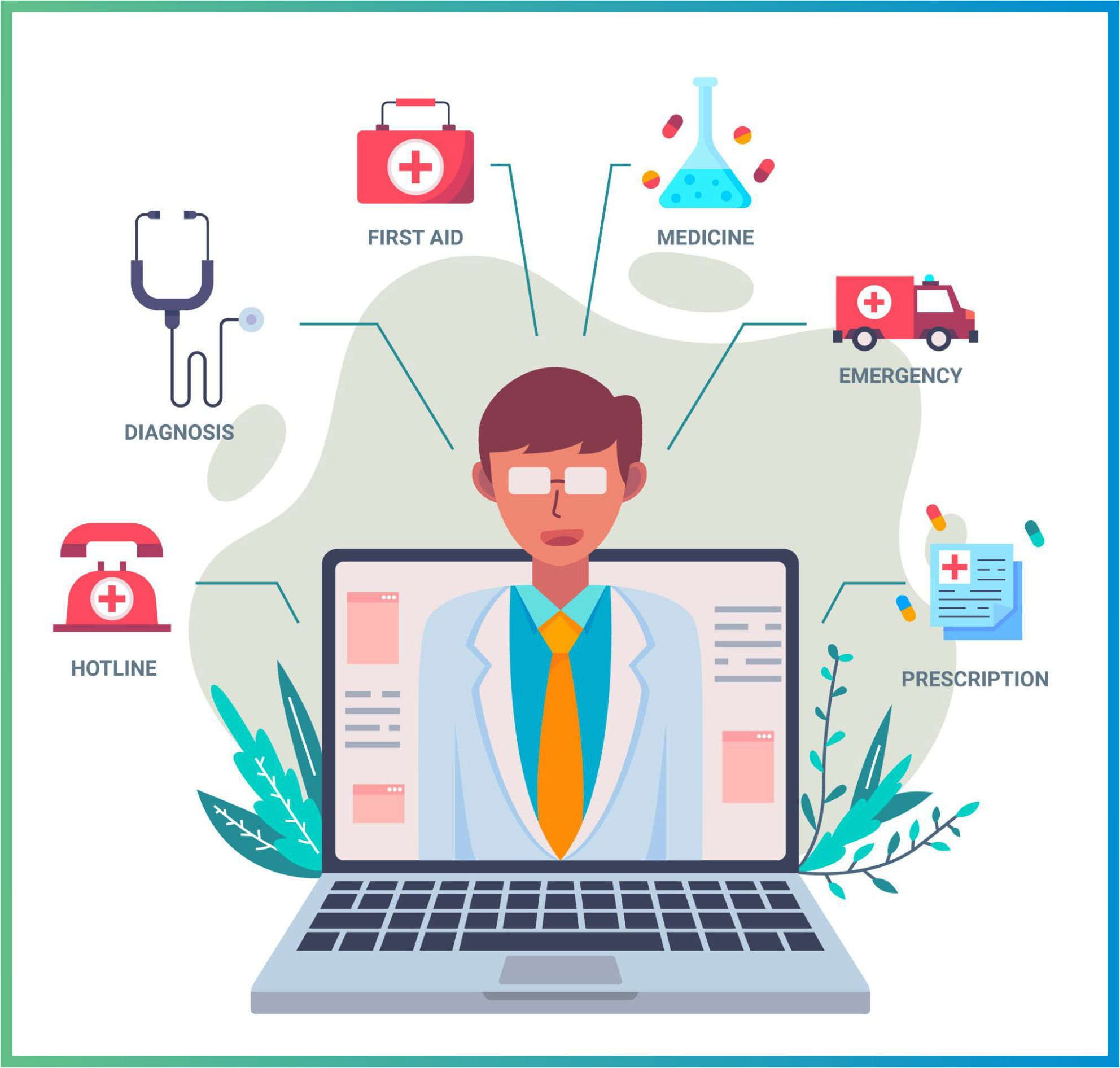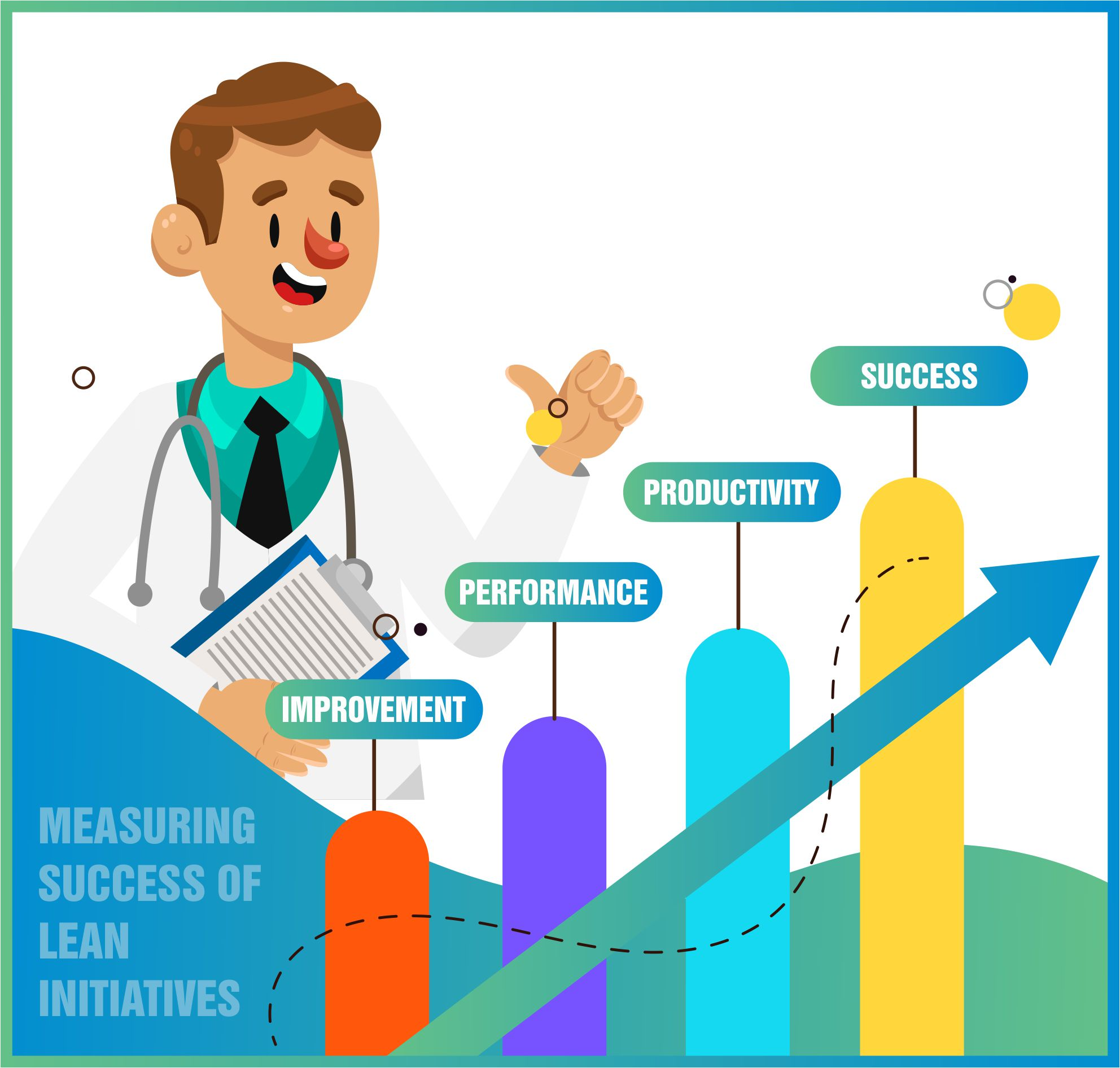In today’s healthcare context, hospitals must balance providing high-quality patient care with effective resource management. Operational excellence consulting approaches, combined with Lean consulting, a technique for reducing processes and increasing resource use, is gaining popularity in the industry. This blog explores how Lean and operations consulting services can transform hospital operations, resulting in increased efficiency, cost savings, and, ultimately, better patient outcomes.
Understanding Hospital Management Systems
To understand the function of Lean consulting, it’s important to first grasp the complexity of hospital management systems. These systems provide a variety of solutions, including patient admissions, scheduling, inventory management, invoicing, and more. Hospital administrators — often supported by a business operations consulting firm — are responsible for managing these procedures and ensuring that resources are allocated optimally to successfully fulfill patient demands.
Challenges in Hospital Workflow Management
Effective workflow management is crucial, yet hospitals face several obstacles. These might include delays in patient flow, inefficient use of staff time and resources, supply chain management consulting challenges, and inconsistencies in care delivery. Such problems have an influence not just on operational efficiency, but also on patient safety and satisfaction.
The Role of Lean Consulting in Hospital Workflows
Operational excellence consulting firms play a key role in improving hospital workflows. Lean consultants specialize in identifying inefficiencies in hospital processes and implementing solutions that improve resource usage. Consultants use Lean concepts like value stream mapping, waste reduction, and continuous improvement to examine current processes and identify opportunities for optimization.
Lean consulting provides useful insights for optimizing resource usage in healthcare. Consultants use Lean concepts to find inefficiencies in hospital operations, simplify procedures, and improve resource allocation. Partnering with operations consulting firms ensures hospitals in increasing operational efficiency while reducing waste by using strategies such as value stream mapping, standard work practices, and visual management systems.
Lean consulting helps hospitals achieve long-term performance improvement and improved patient care outcomes by cultivating a culture of continuous improvement and enabling employees to engage in the optimization process.
Implementing Lean Solutions in Hospital Workflows
Lean adoption in hospital workflows requires coordination between consultants and personnel. They collaborate to rethink workflows, standardize procedures, and remove non-value-added operations. This may include restructuring workplaces, deploying new technology, and educating employees on Lean concepts. Hospitals that use Lean solutions with the guidance of operations consulting services should expect to experience improvements in patient flow, resource usage, and overall operational efficiency.
Key Components of Lean Consulting to Improve Resource Utilization
Lean consulting for improved resource utilization consists of many essential components targeted at increasing efficiency and reducing waste in healthcare processes. One critical component is value stream mapping, which allows consultants to see the whole flow of patient care operations and find inefficiencies. Consultants can discover obstacles, unnecessary tasks, and possibilities for improvement by mapping each stage of the patient admission to discharge cycle.
Standard work procedures are another important component, since they set regular processes and norms for hospital personnel to follow. Standardization ensures that activities are completed effectively and consistently, which reduces variance and improves the utilization of resources.
Visual management solutions play an important part in Lean consulting because they provide real-time insight into process status, performance indicators, and resource allocation. Hospitals may employ visual signals like kanban boards, dashboards, and signs to optimize resource allocation, increase communication, and drive continuous improvement initiatives.
Lean Consulting Best Practices and Recommendations for Hospital Workflows
Several best practices and suggestions should be followed to optimize the efficacy of Lean consulting and improve resource usage. First and foremost, frontline personnel and stakeholders must be engaged throughout the consultation process. Involving personnel directly engaged in patient care and process execution allows hospitals to gather important insights, develop buy-in, and assure the effective implementation of Lean initiatives.
Second, continuous improvement should be seen as an ongoing initiative rather than a one-time activity. Lean consulting is more than simply executing fast solutions; it is about fostering a culture of continual learning and growth. Regular audits, feedback loops, and performance monitoring are critical for maintaining progress and promoting long-term success.
Furthermore, leadership commitment and support are essential for the success of Lean consulting projects. Hospital managers should promote Lean concepts, assign resources, and give the support and resources required for implementation.
Finally, working with skilled Lean consultants and operational excellence consulting firms that specialize in healthcare is critical to attaining optimum outcomes. Experienced consultants bring experience, industry knowledge, and proven approaches, and the expertise of a business operations consulting firm, allowing hospitals to manage complicated problems while improving the utilization of resources and patient care delivery.
Measuring Success of Lean initiatives
Measuring performance of Lean projects helps monitor progress and identify opportunities for improvement. Key performance indicators (KPIs) like patient wait times, staff productivity, inventory turnover, and cost reductions can provide useful information about the effectiveness of Lean consulting efforts. By frequently monitoring and evaluating these variables, hospitals can make data-driven decisions to constantly improve their operations and maintain the benefits achieved through operations consulting services.
Finally, Lean consulting provides an effective foundation for optimizing healthcare processes and improving resource use. Hospitals can implement Lean principles and methods to simplify procedures, decrease waste, and improve patient care results. Hospitals can more effectively navigate the challenges of healthcare delivery by collaborating with operations consulting firms, operational excellence consulting specialists, and committing to continuous improvement.
Ready to optimize your hospital workflows and improve resource utilization? Contact CCO Consulting today to explore how our operational excellence consulting and supply chain management consulting services can drive efficiency, reduce waste, and enhance patient care outcomes. Let’s start on a journey towards operational excellence and better healthcare delivery together. Reach out to us now to schedule a consultation!
Note: CCO cannot and does not provide legal advice. It’s important to consult with qualified counsel before adopting any new policies. It’s also your responsibility to determine whether legal review of work product is necessary prior to implementation.









